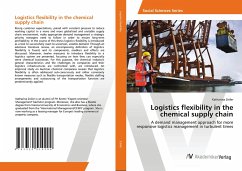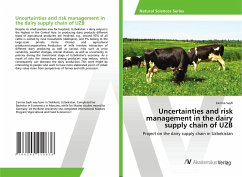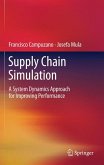Rising customer expectations, paired with constant pressure to reduce working capital in a more and more globalised and unstable supply chain environment, make appropriate demand management a strategic priority managers need to follow in order to ensure long-term profitability. In the course of this thesis logistics flexibility is introduced as a tool to successfully react to uncertain, volatile demand. Through an extensive literature review, an encompassing definition of logistics flexibility is found, and its components, enablers and effects are discussed. Moreover, twelve measures to introduce flexibility to a logistics system are presented, focusing on how they can especially serve chemical businesses. For this purpose, the chemical industry's general characteristics and the challenges its companies and their logistics infrastructures are confronted with, are introduced. An empirical study on Austrian chemical companies reveals that logistics flexibility is often addressed sub-consciously and rather commonly known measures such as flexible transportation modes, flexible staffing arrangements and outsourcing of the transportation function are predominantly applied.
Bitte wählen Sie Ihr Anliegen aus.
Rechnungen
Retourenschein anfordern
Bestellstatus
Storno








